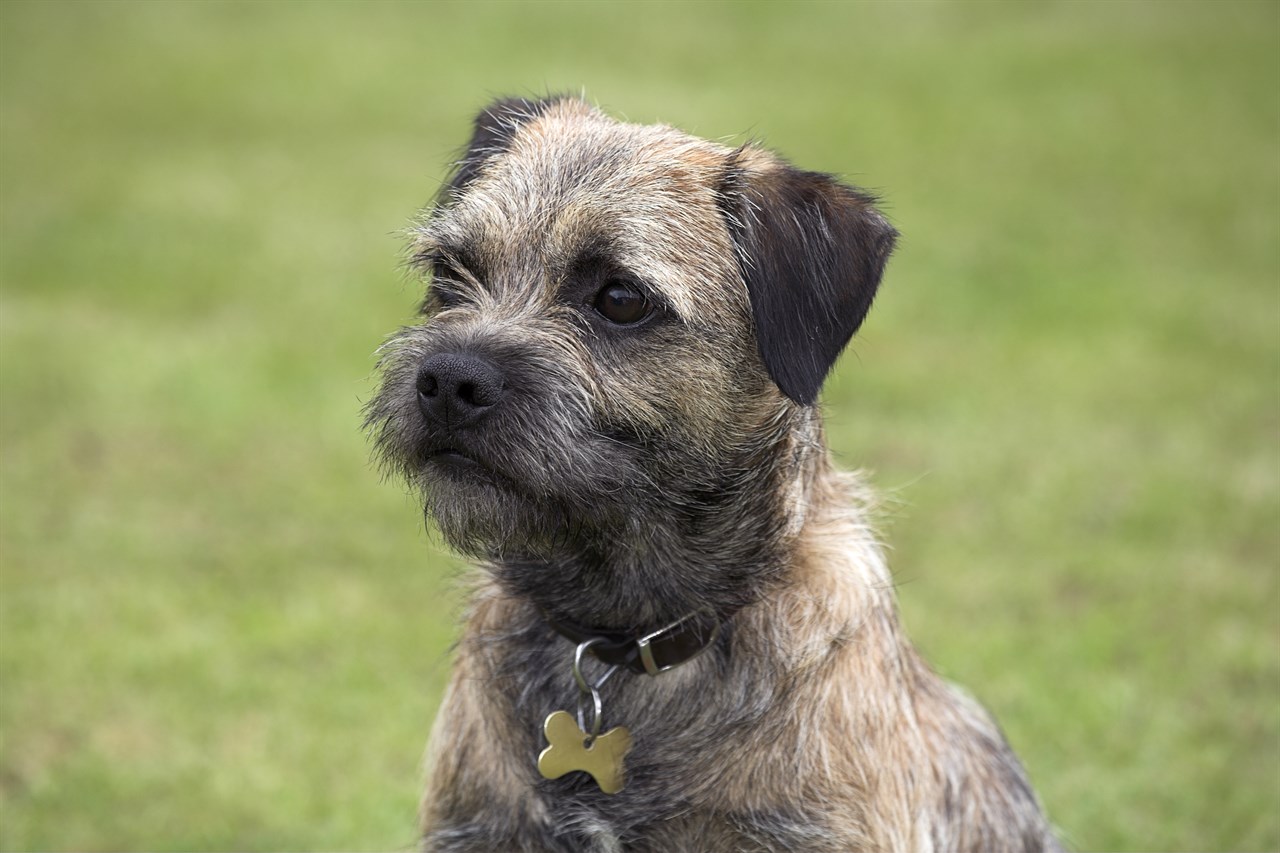Feeding Habits and Food Requirements of the Border Terrier

Proper nutrition is essential to keep your Border Terrier healthy, active, and happy. Understanding their feeding habits and dietary requirements will help you provide the best care for your furry friend.
Age and Life Stage
Border Terrier puppies, adult dogs, and seniors have different nutritional needs. Choose a high-quality commercial dog food formulated for their specific life stage. Consult with your veterinarian to determine the best diet for your Border Terrier's age and health.
Portion Control
Be mindful of portion control to prevent overfeeding, which can lead to obesity. Follow the feeding guidelines provided on the dog food packaging, adjusting as needed based on your dog's activity level, age, and metabolism.
Scheduled Feeding
Establish a regular feeding schedule for your Border Terrier. Most dogs thrive on a consistent routine with set meal times. Avoid free-feeding, where food is left out all day, as it can lead to weight gain.
High-Quality Dog Food
Choose a premium dog food that lists a high-quality protein source, such as chicken or beef, as the main ingredient. Avoid dog foods that contain excessive fillers, artificial additives, or low-quality by-products.
Protein and Fat Content
Border Terriers benefit from a balanced diet with moderate protein and fat content. Look for foods that provide around 18-22% protein and 8-12% fat. However, individual needs may vary, so consult with your vet for personalised recommendations.
Fresh Water
Always provide fresh, clean water for your Border Terrier. Hydration is crucial to their overall health.
Avoid Human Food
Resist the temptation to share human food with your Border Terrier, as many human foods can be harmful to dogs. Stick to a well-balanced dog diet to ensure they receive the necessary nutrients.
Special Dietary Considerations
Some Border Terriers may have dietary sensitivities or allergies. If your dog experiences digestive issues, skin problems, or other health concerns related to their diet, consult with your veterinarian to identify potential food allergies or intolerances.
Treats and Snacks
Use treats and snacks in moderation as rewards during training or as occasional indulgences. Be cautious not to overdo it, as excessive treats can contribute to weight gain.
Dental Health
Dental health is vital for Border Terriers. Incorporate dental chews, toys, or regular brushing into their routine to help maintain healthy teeth and gums.
Regular Monitoring
Keep an eye on your Border Terriers's body condition and weight. Adjust their food portions as needed to maintain a healthy weight. If you notice any sudden changes in appetite, weight, or eating habits, consult with your vet.
Consult Your Veterinarian
Regularly consult with your veterinarian to assess your Border Terrier's dietary needs and overall health. Your vet can recommend any necessary dietary adjustments based on your dog's unique requirements.
In conclusion, providing your Border Terrier with a well-balanced and appropriate diet is crucial for their health and well-being. By selecting the right food, portion control, and maintaining a consistent feeding schedule, you can ensure that your Border Terrier receives the necessary nutrients to lead a happy and active life. Always consult with your veterinarian for personalised dietary recommendations and to address any specific health concerns.
Border Terrier puppies for sale
- Find Border Terrier puppies for sale in ACT
- Find Border Terrier puppies for sale in NSW
- Find Border Terrier puppies for sale in NT
- Find Border Terrier puppies for sale in QLD
- Find Border Terrier puppies for sale in SA
- Find Border Terrier puppies for sale in TAS
- Find Border Terrier puppies for sale in VIC
- Find Border Terrier puppies for sale in WA